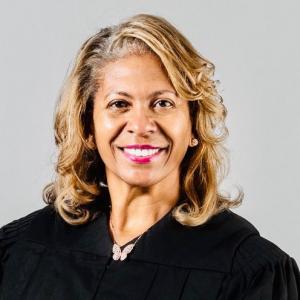Texas Republican Senator Ted Cruz poked fun at candidates using their devotion to Donald Trump as a platform in the Ohio Republican Senate nomination. He mocked how each candidate claims to love the former president more than the other.
According to a recent The Washington Post, Cruz has lost years of friendships and business contacts as a result of his decision to assist Donald Trump in his bid to retain power following his defeat in the 2020 election.
According to the Washington Post, Cruz was examined by a House commission on January 6 for his support for Trump’s attempts to cling to power in 2020, as well as discussions he may have had with John Eastman, a pro-Trump lawyer.
Also read: US weapons at Ukrainian airfield struck with missiles: Moscow
Eastman authored a contentious letter detailing ways for Trump to overturn the Electoral College vote and stay in power despite being defeated by Biden. The commission suspects Eastman of plotting to fraudulently sway the election.
As per the Post report, Cruz was deeply involved in Trump’s quest to retain power, alienating key aides and advisors in the process.
Cruz has volunteered to represent Trump at the Supreme Court in December 2020 in a case brought by Texas Attorney General Ken Paxton trying to overturn election results in four states.
Also read: Is US fighting a proxy war against Russia in Ukraine?
The Supreme Court finally dismissed the case. However, Cruz’s support for the case, which was based on fraudulent election fraud allegations, surprised one advisor, who saw it as a betrayal of Cruz’s political ideals.
“He somehow contorted in his mind that it would be okay for him to argue that case,” said the adviser, who spoke to the Post on the condition of anonymity.
According to the report, Cruz then moved to attempt to postpone Biden’s certification as president by refusing to certify election results in some states and calling for a recount.
It partially aligned with Eastman’s proposal, which outlined a method for Trump to retain power by denying Biden’s certification on the basis of unverified fraud charges.






